“Sleep is the best meditation.” – Dalai Lama
There’s something almost magical about ending the day with herbal teas for sleep. For generations, families have leaned on these gentle brews as a way to settle the mind and body before drifting off. Holding a warm cup in your hands, feeling the steam against your face, and breathing in its soothing aroma creates a small moment of peace that modern life often takes away. Unlike sleeping pills or synthetic aids, these teas work in tune with your body’s natural rhythm—softly calming the nerves, easing away the day’s worries, and helping your thoughts slow down. By the last sip, you’re not forcing yourself to sleep—you’re simply allowing rest to arrive naturally.
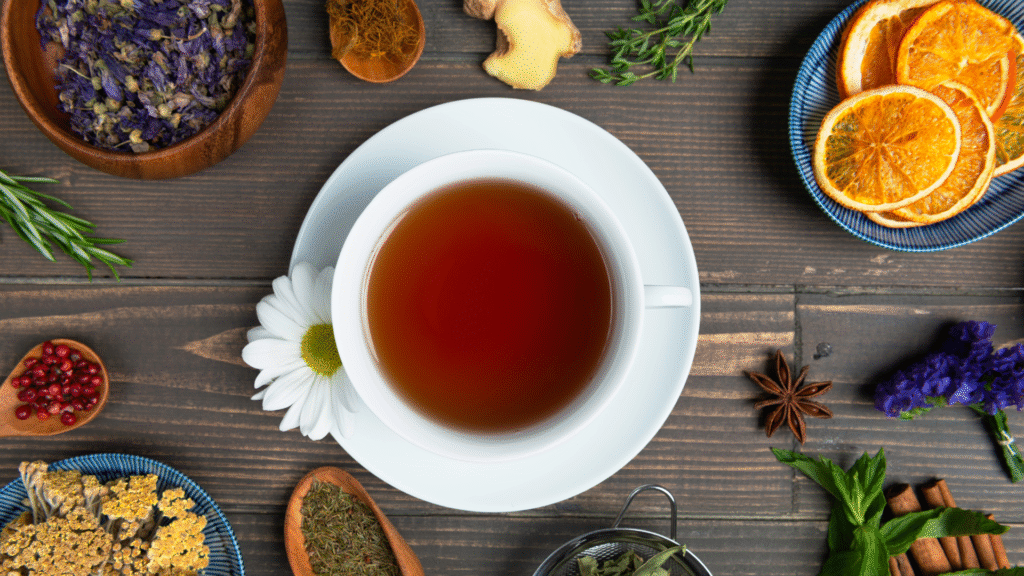
Table of Contents
- Introduction: Why Bedtime Tea Rituals Work
- Benefits of Herbal Teas for Restful Sleep
- Top Herbal Teas for Deep, Restful Sleep
- Tips for Drinking Herbal Tea Before Bed
- A Personal Touch: My Bedtime Tea Routine
- Conclusion: A Gentle Path to Restful Nights
Introduction: Why Bedtime Tea Rituals Work

Something is calming about holding a warm cup of tea at night, which feels relaxing. The steam rising from the mug, the gentle aroma filling the air, and that first soothing sip can seem like an invitation to slow down. It really helps to calm your mind and body, and we can get a good night’s sleep afterward. For centuries, people from different cultures have used herbal teas for sleep as part of their nightly routine because they are harmless and completely natural. Today, with increasing stress and anxiety, late-night screen time, and restless minds, these simple herbal remedies are making a strong comeback because nothing is better than healing yourself naturally.
Benefits of Herbal Teas for Restful Sleep
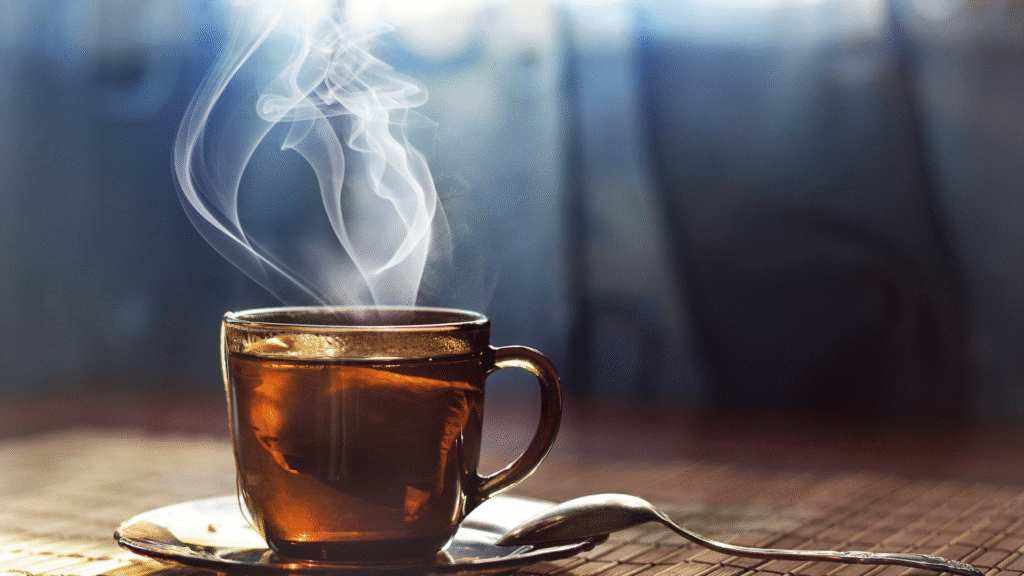
Drinking herbal teas before bed isn’t just an old wives’ tale like other says—it’s a well-documented wellness practice for calming one’s mind. Here’s why they work:
- Gentle Sedative Effect: Herbs like chamomile and valerian root calm the nervous system and reduce stress.
- Relaxation of Muscles: Lavender helps ease muscle tension, making it easier for your body to rest, and helps you to sleep peacefully.
- Stress Reduction: Many herbal teas balance cortisol levels, the stress hormone that often keeps us awake and helps us to sleep longer.
- Digestive Support: Peppermint or lemon balm soothes the stomach while relaxing our body and mind, important for a peaceful night.
- Sleep Ritual Cue: Sipping warm tea creates a nightly habit that signals bedtime to your brain.
Top Herbal Teas for Deep, Restful Sleep
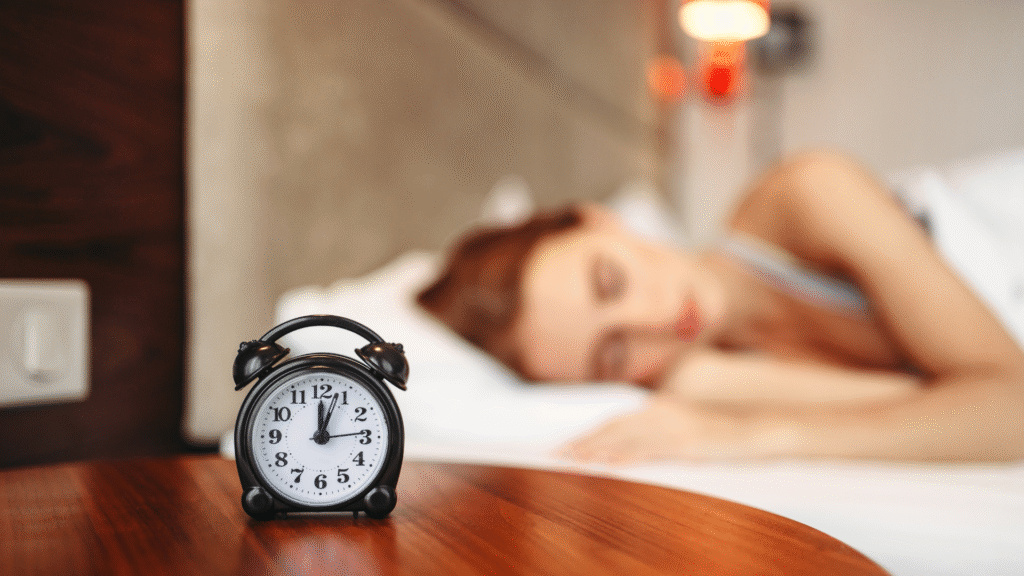
Chamomile Tea – The Classic Bedtime Favorite
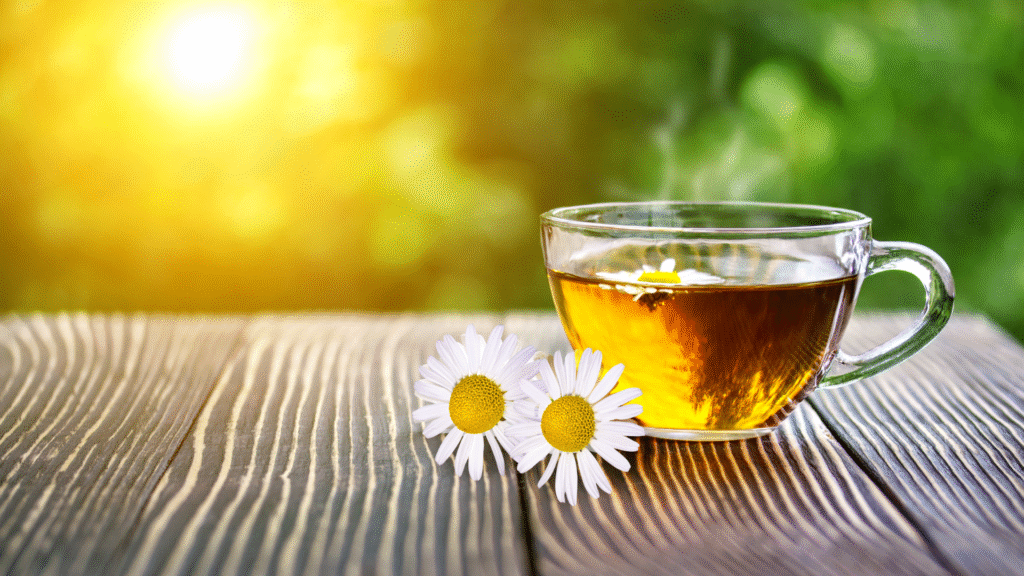
Chamomile contains apigenin, which is an antioxidant that promotes sleepiness and reduces anxiety, and helps you sleep longer while calming your mind. Brew chamomile 20–30 minutes before bed. Add honey for sweetness and extra soothing power.
Valerian Root Tea – Nature’s Sleep Enhancer
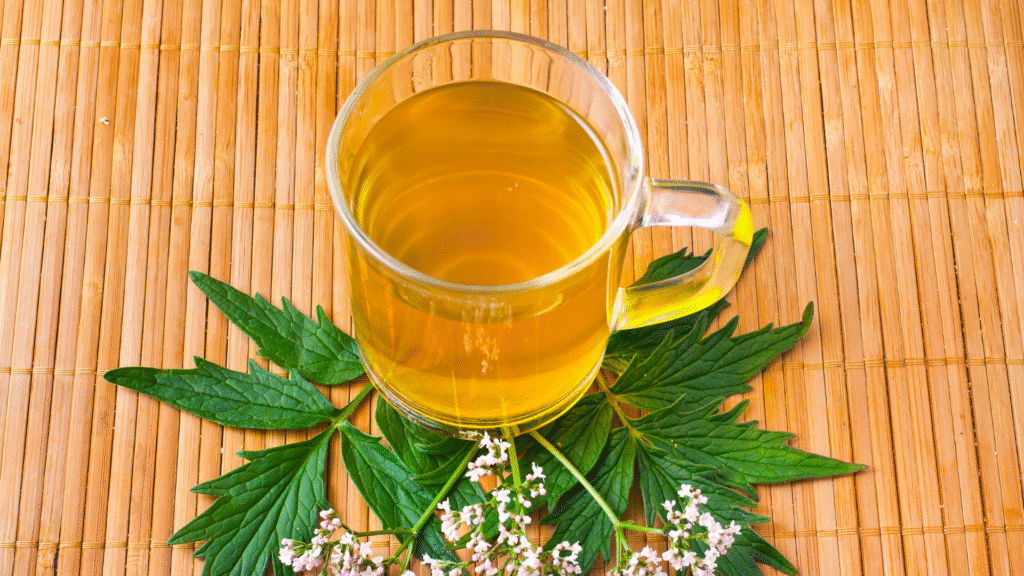
Valerian root increases GABA in the brain, shortening the time it takes to fall asleep. Start with a small cup and avoid mixing with prescription sedatives because excessive use leads to problems.
Lavender Tea – Aromatherapy in a Cup
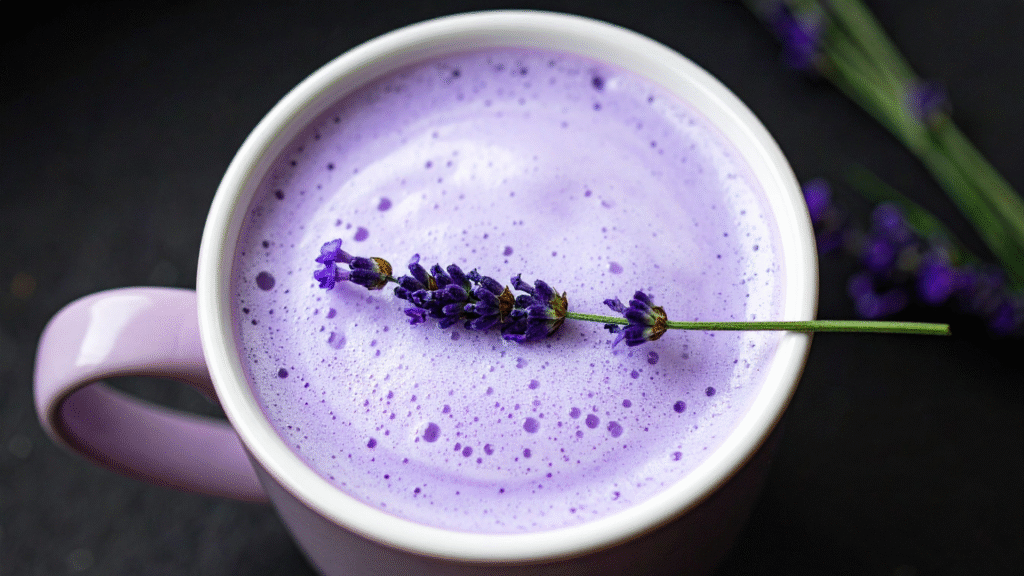
Lavender lowers heart rate and calms the nervous system. Pair with a lavender candle for deeper relaxation.
Lemon Balm Tea – A Gentle Stress Reliever
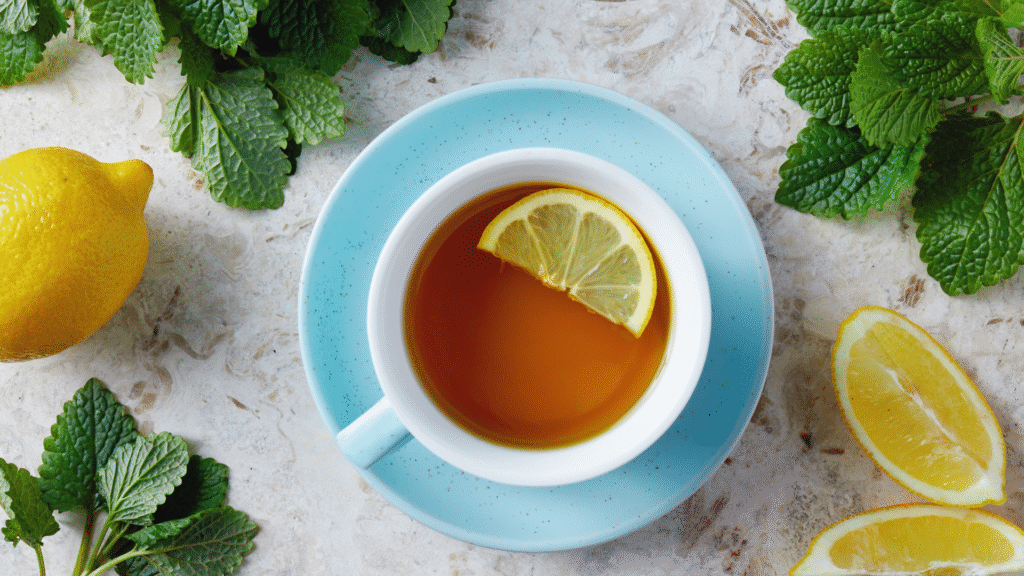
Lemon balm has been used since the Middle Ages to naturally reduce stress and improve sleep while calming the mind. Pair with journaling before bed to quiet worries, and it will also reduce screen time, which is a win-win situation.
Passionflower Tea – Calm the Mind
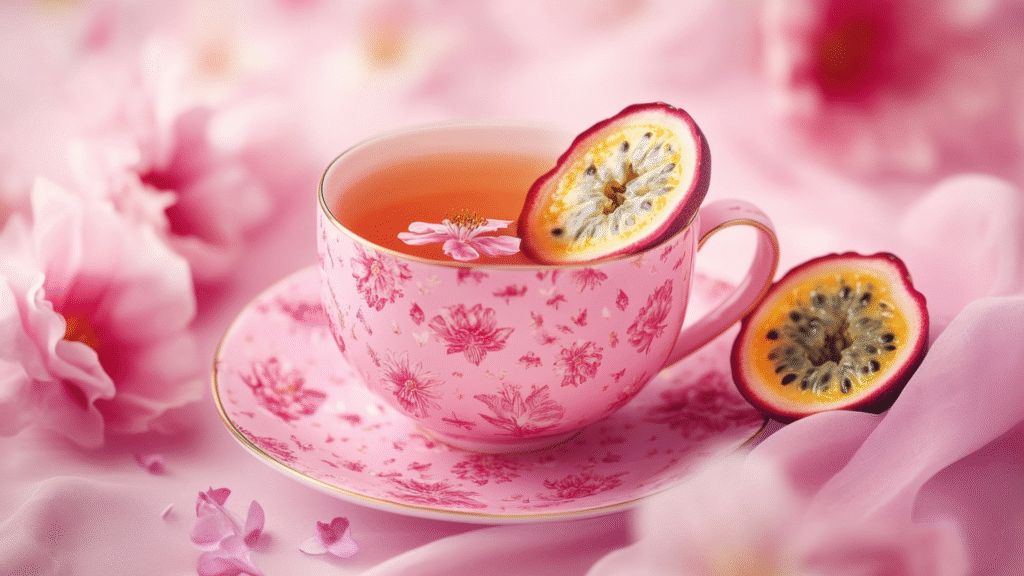
Passionflower boosts GABA activity, easing restlessness and calming an overactive mind because being creative is one thing, but you have to let your mind rest, too.
Peppermint Tea – For Digestive Comfort
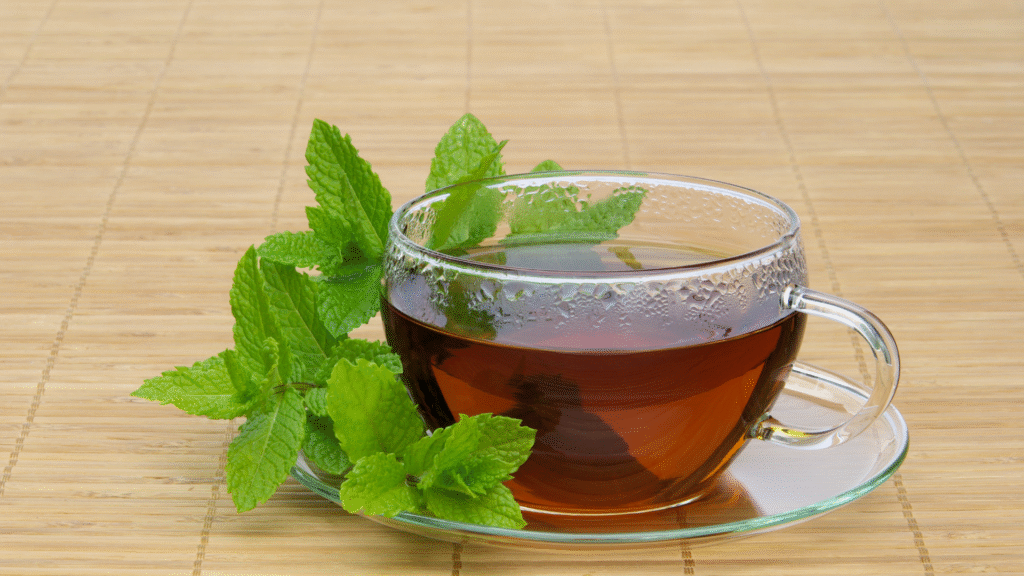
Peppermint relaxes the digestive system, making it ideal for nights after heavy meals, and also helps in gut health, so it’s a great option to start with today.
Ashwagandha Tea – The Adaptogen Ally
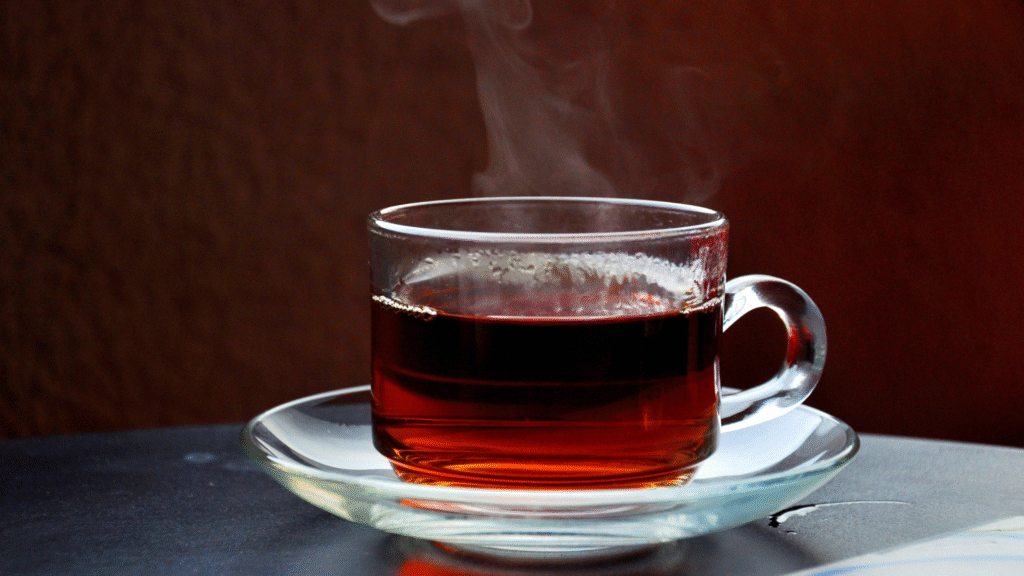
Ashwagandha regulates cortisol and supports nervous system balance. Blend with honey or cinnamon for its heavenly taste and calm your mind, and improve your sleep.
Tips for Drinking Herbal Tea Before Bed
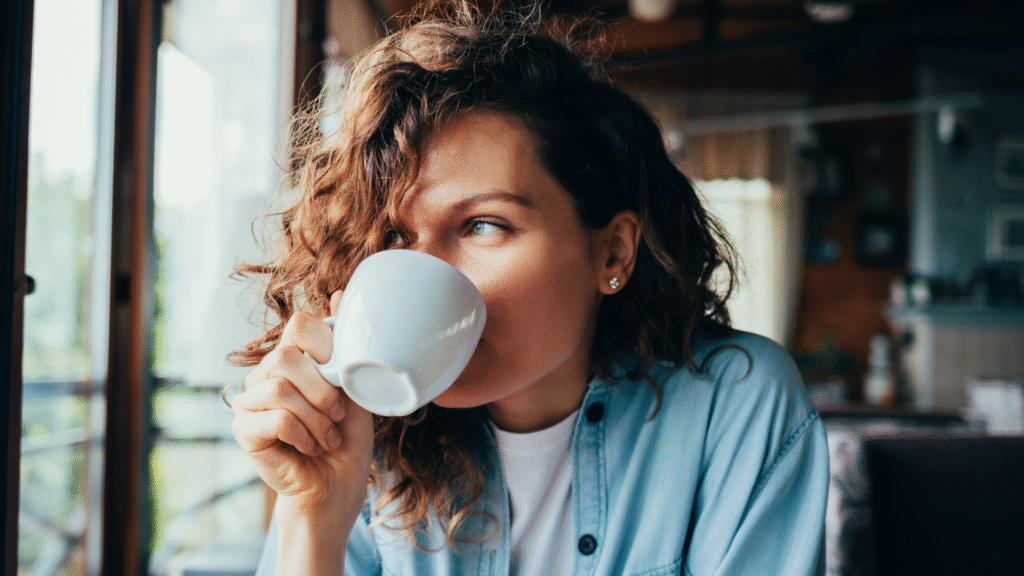
- Drink your tea 30–60 minutes before bed for the best effect because it immediately relaxes your mind and makes you fall asleep.
- Create a ritual—dim lights, avoid screens, enjoy in quiet for a better effect.
- Stay consistent: regular use enhances results, don’t skip it.
- Avoid too much liquid before bed to prevent waking up. Yes, use alcohol in moderation.
- Check with your doctor if pregnant, breastfeeding, or on medication because expert advice is always best.https://heathyhabit.online/
A Personal Touch: My Bedtime Tea Routine
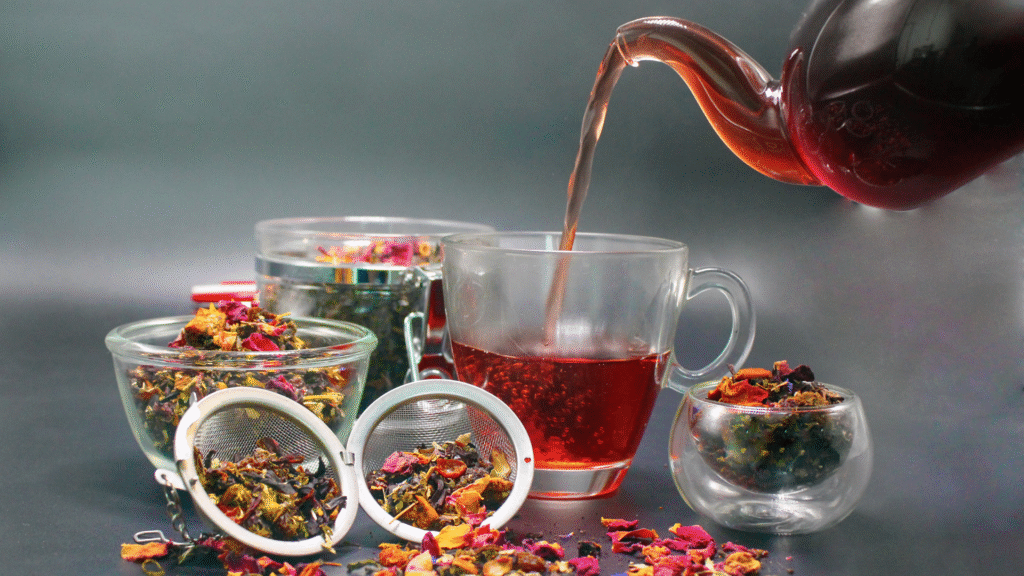
On restless nights, I often find myself reaching for chamomile or lemon balm tea. I prepare it slowly—boiling the water, inhaling the aroma, and watching the tea steep while enjoying its taste as well as its pleasing aroma. Sometimes I pair it with a few minutes of reading under soft light. By the time the cup is empty, I can feel the shift—my shoulders loosen, my mind quiets, and sleep comes more naturally, and without further ado, I sleep without knowing it.https://www.healthline.com/
Conclusion: A Gentle Path to Restful Nights
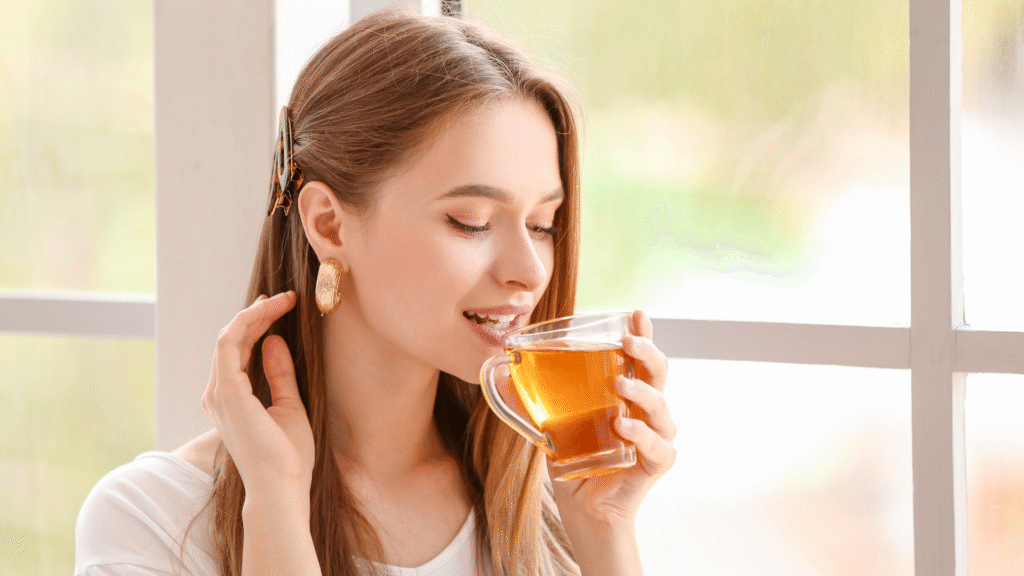
Sleep is one of the most vital pillars of health, yet it’s often the first thing we sacrifice in busy lives. Herbal teas for sleep offer a gentle, natural way to support the body’s need for rest. Whether you prefer chamomile, valerian, or lavender, there’s a tea that can help you drift into peaceful slumber while removing the clouds from your brain and letting it rest in peace. Instead of scrolling through your phone or stressing about tomorrow, try ending your day with a warm cup of tea. Your body—and your dreams—will thank you.
FAQs

1. Which herbal tea is best for sleep?
Chamomile is the most popular, but valerian, lavender, and lemon balm also help.
2. Can I drink herbal tea every night?
Yes, most are safe for daily use and work best as a bedtime habit.
3. When should I drink herbal tea before bed?
About 30–60 minutes before sleeping.
4. Are there side effects?
Generally safe, but strong herbs like valerian should be used moderately. Pregnant or medicated individuals should check with a doctor.
5. Can kids have herbal tea?
Mild teas like chamomile may be okay in small amounts, but always ask a pediatrician first.
